Sustainability
Are Companies Abandoning Climate Action?
Last week, Bloomberg reported that mentions of climate change and other environmental topics in corporate earnings calls have dropped by 75% since they peaked three years ago. We asked Yale SOM’s Todd Cort what the change of emphasis says about the state of corporate sustainability efforts.
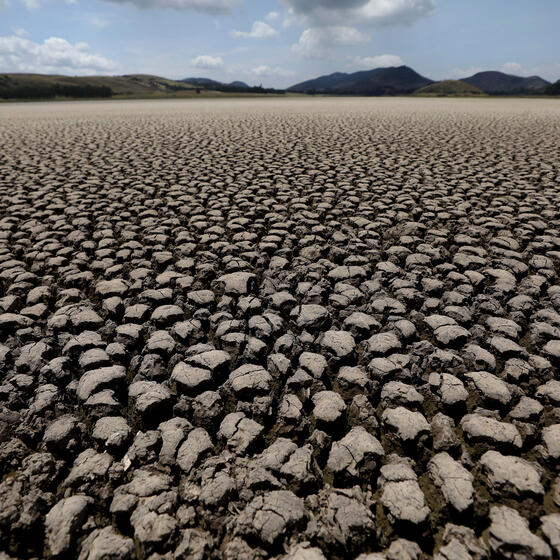
Video: Can the Tools of Finance Help Combat Climate Change?
Yale SOM’s Stefano Giglio, an expert on climate finance, explains what green investing can and can’t do to help speed the transition to a post-carbon economy.
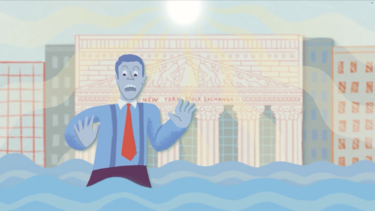
Small Changes, Big Results: Research-Backed Tips for Living a Good Life in 2025
We asked Yale SOM faculty for their best tips on living happily, healthily, and productively in the new year.

Making Impact Investing Work for System Resilience—and Investor Profits
To confront interconnected environmental and social crises, impact investors will need to factor resilience-building into their expected returns, especially in the most vulnerable parts of the world.

Settling the Debate on Whether Green Investing Pays
In a new study, Yale SOM’s Theis Jensen and his co-authors find that the return from green investments relative to brown ones is slightly negative—which is actually good news for the planet.

A Loan Program Can Help Close the Green-Building Gap
In a new study, Prof. Cameron LaPoint and his co-authors weigh the positives and negatives of a lending program that puts climate resiliency upgrades within reach of financially constrained homeowners.
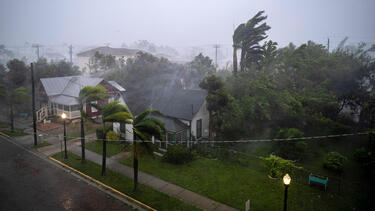
To Make Greener Buildings, Try Innovating around the Edges
The building industry is slow to change. But three Yale alumni are finding ways to make changes on the margins and in the process offer solutions that aren’t easy to ignore.

What Does It Take to Build a Zero-Emission Hotel?
When real-estate developer Bruce Becker ’85 set out to convert New Haven’s historic, Marcel Breuer-designed Pirelli Building into the boutique Hotel Marcel, he realized that exclusively using renewable sources of energy would make the project more financially sustainable.
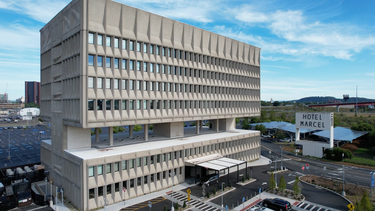
Are U.S. Cities Preparing for the Flooding to Come?
A new study co-authored by Yale SOM’s Anya Nakhmurina uses a novel method to track local efforts to prepare for climate change, and shows that many of the U.S. cities most at risk are behind in adopting adaptation measures.
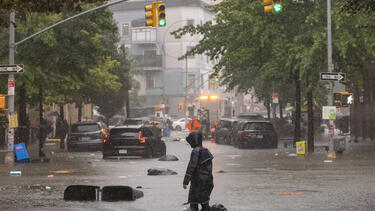
Our Most-Read Stories of 2023
This year, Yale SOM research examined sustainable investing, the dynamics of social media, the role of race in school discipline, and the complexities of airline pricing. And faculty offered expertise on issues in the news, including the changing workplace, noncompete agreements, the politics of ESG investing, the effectiveness of masks, the collapse of Silicon Valley Bank, and the Barbie movie phenomenon.
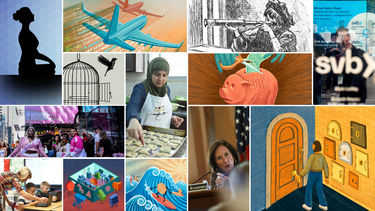
When Companies Reverse Their Climate Commitments
Companies announce climate goals with great fanfare—but all too often, they eventually scale back or fail to implement those pledges. We asked Yale SOM’s Todd Cort how significant these reversals are and what should be done to encourage companies to keep making progress.
